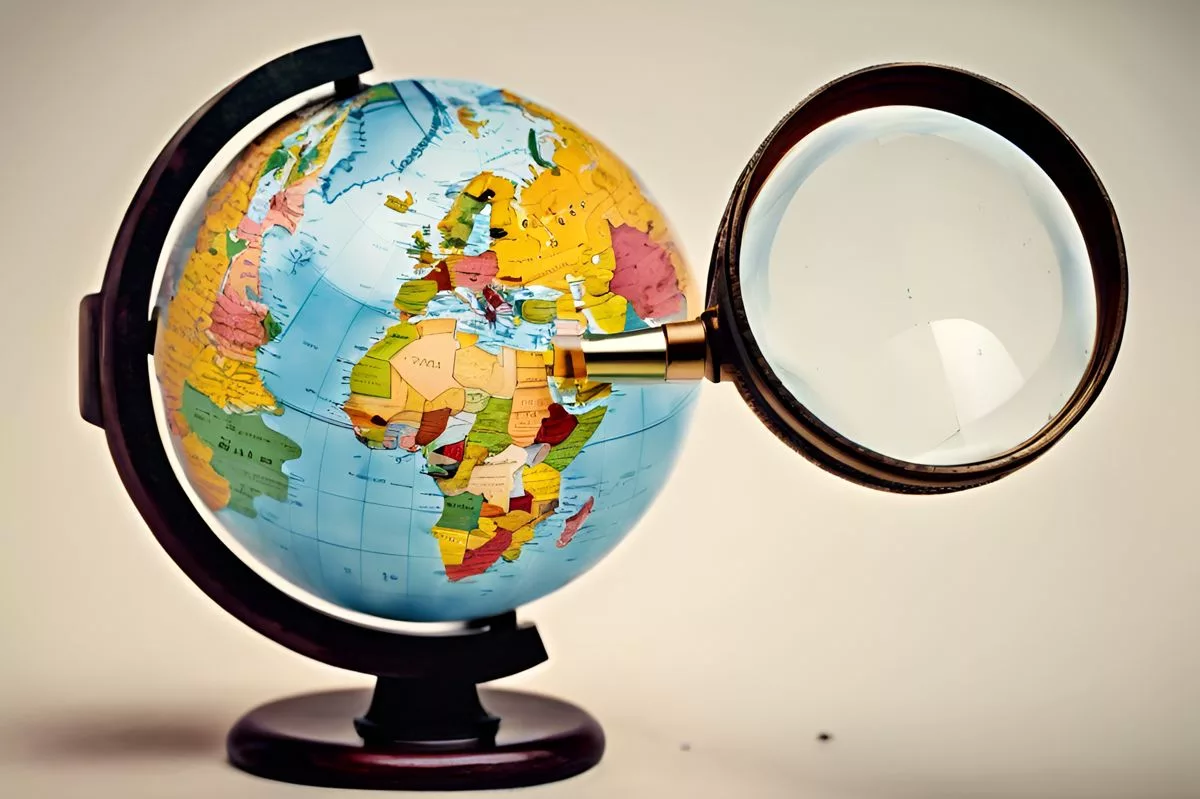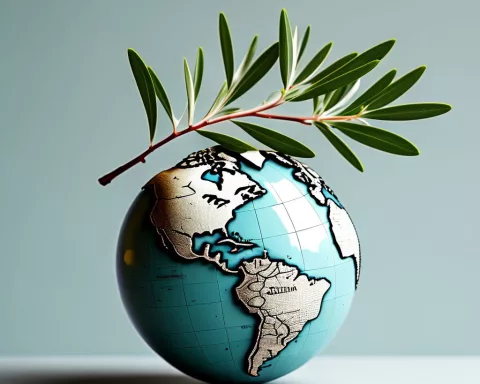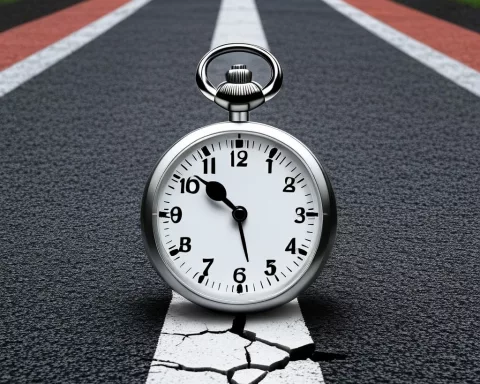South Africa is a strong advocate for human rights and international law, committed to combating subjugation and advocating for the oppressed on a global platform. At international summits like the Non-Aligned Movement and the G77 and China summits, South Africa has shown its dedication to resolving conflicts peacefully and promoting inclusive discussions. The country’s legal endeavors also reflect its passion for human rights, as it initiated legal action against Israel in the International Court of Justice for alleged breaches of the Geneva Convention. South Africa’s global influence stems from its unwavering commitment to human rights and international law, making it a beacon of hope for oppressed populations worldwide.
Pledging Support to Human Rights on International Platforms
South Africa has earned a reputation as a vocal proponent of human rights and international law. The country’s primary goals are combating subjugation, advocating for the oppressed on a global platform, and aligning with those who are victims of despotism. South Africa’s dedication to these ideals was evident at the Non-Aligned Movement and the G77 and China summits, where the country displayed its commitment to resolving conflicts peacefully and promoting inclusive discussions.
Celebrating three decades of democratic governance in 2024, South Africa has earned a reputation as a vocal proponent of human rights and international law. The Minister of International Relations and Cooperation, Dr GNM Pandor, has shed light on the country’s primary goals. Top on the list is combating subjugation, advocating for the oppressed on a global platform, and aligning with those who are victims of despotism.
Pledging Support to Human Rights on International Platforms
The Non-Aligned Movement (NAM) and the G77 and China summits, which took place in Uganda in January 2023, served as platforms to display South Africa’s dedication to these ideals. With the induction of the Republic of South Sudan as a new member, the NAM Summit centred on five crucial areas: maintaining international peace and security, fighting terrorism, addressing migration and humanitarian crises, tackling human trafficking and fulfilling sustainable development goals (SDGs). President Ramaphosa underscored South Africa’s commitment to resolving conflicts peacefully and promoting inclusive discussions.
Consequent to the NAM Summit, the G77 and China Summit was held, revolving around the theme “Leaving No One Behind”. This meeting, which represented the bulk of the developing nations and over 80% of the global population, underscored the significance of South-South collaboration in areas such as trade, sustainable development, poverty elimination, and the digital economy.
Legal Advocacy for Human Rights
South Africa’s passion for human rights is also reflected in its legal endeavours. In December of the previous year, the country resolved to initiate legal action in the International Court of Justice (ICJ) against Israel for alleged breaches of the Geneva Convention. The lawsuit was based on the reported routine killings of Palestinians by the Israeli military, which some have classified as genocide.
Although the ICJ did not approve all the interim measures requested by South Africa, it validated significant ones aimed at safeguarding Palestinians. The court’s near-consensus directive included instructions for Israel to prevent acts of genocide, facilitate the provision of vital services, and conserve evidence of potential war crimes.
Supporting the African Agenda
South Africa’s dedication to the African agenda will be reaffirmed at the forthcoming African Union (AU) Summit, set for February 2024. The summit’s theme, “Educate an African Fit for the 21st Century”, highlights the requirement for robust education systems. South Africa is at the forefront of executing the African Continental Free Trade Agreement, a milestone in the AU’s evolution.
Finally, South Africa is gearing up to relinquish the BRICS chair position to the Russian Federation. The BRICS Summit resulted in significant advancements, such as the inaugural stage of BRICS membership expansion and the formation of a BRICS Youth Council. As South Africa transitions out of the chair role, it anticipates Russia’s continued support for these initiatives.
Upholding Constitutional Values in Global Relations
In its pursuit of these worldwide goals, South Africa embodies the tenets and principles of its constitution, which champions the right to life, dignity, and human rights. South Africa’s unyielding chase for justice and human rights, born out of its past experiences under apartheid, cements its role as a beacon of hope for oppressed populations across the globe.
In fact, South Africa’s global sway emanates from its steadfast commitment to human rights and international law. Through diplomatic dialogue, legal proceedings, and international collaboration, the nation persists in its fight for the rights of the oppressed, and to champion liberty and dignity for all. South Africa’s actions thus exemplify the transformative power of democracy and the profound influence a nation can wield on the international arena.
What is South Africa’s stance on human rights and international law?
South Africa is a strong advocate for human rights and international law, committed to combating subjugation and advocating for the oppressed on a global platform.
How has South Africa shown its dedication to resolving conflicts peacefully?
South Africa has shown its dedication to resolving conflicts peacefully at international summits like the Non-Aligned Movement and the G77 and China summits, where it promotes inclusive discussions.
What legal action did South Africa initiate in the International Court of Justice?
South Africa initiated legal action against Israel in the International Court of Justice for alleged breaches of the Geneva Convention, based on the reported routine killings of Palestinians by the Israeli military.
How does South Africa support the African agenda?
South Africa supports the African agenda through initiatives such as executing the African Continental Free Trade Agreement and reaffirming its dedication to the African agenda at the forthcoming African Union (AU) Summit.
What is South Africa’s role as a beacon of hope for oppressed populations worldwide?
South Africa’s unyielding chase for justice and human rights, born out of its past experiences under apartheid, cements its role as a beacon of hope for oppressed populations across the globe.
How does South Africa uphold its constitutional values in global relations?
In its pursuit of worldwide goals, South Africa embodies the tenets and principles of its constitution, which champions the right to life, dignity, and human rights, and persists in its fight for the rights of the oppressed to champion liberty and dignity for all.












